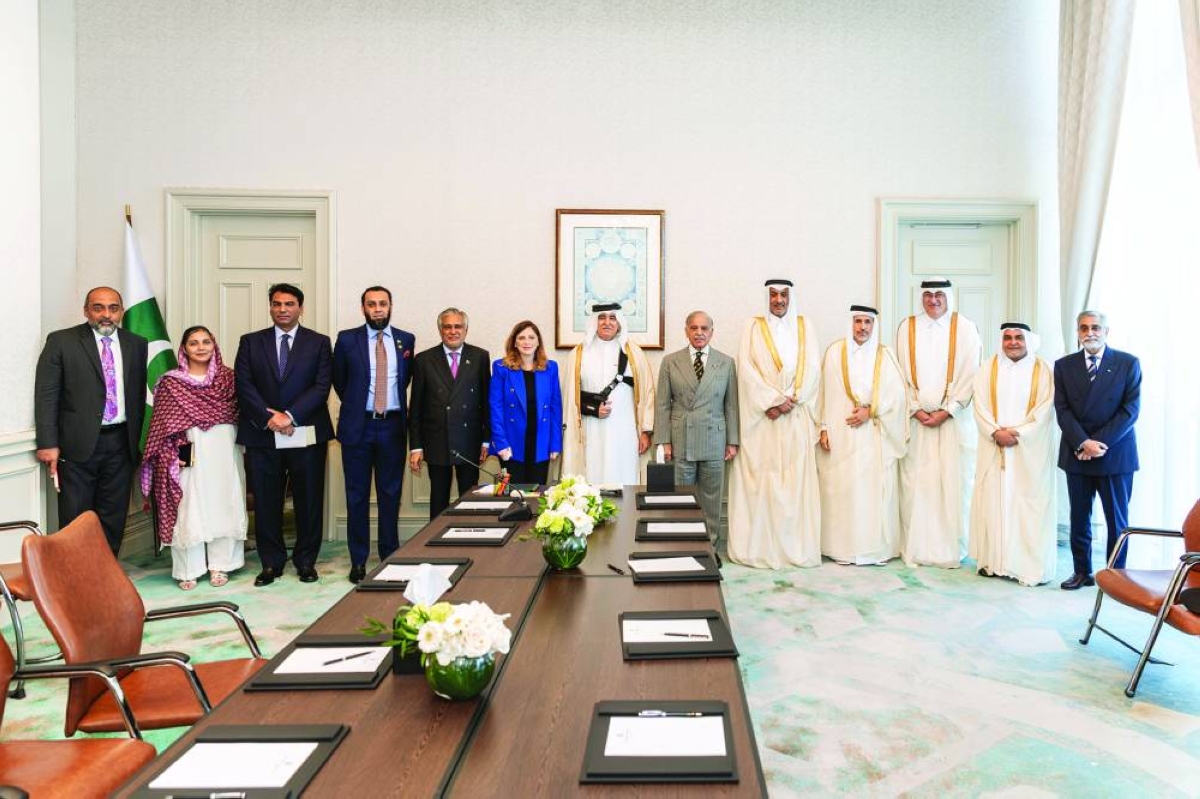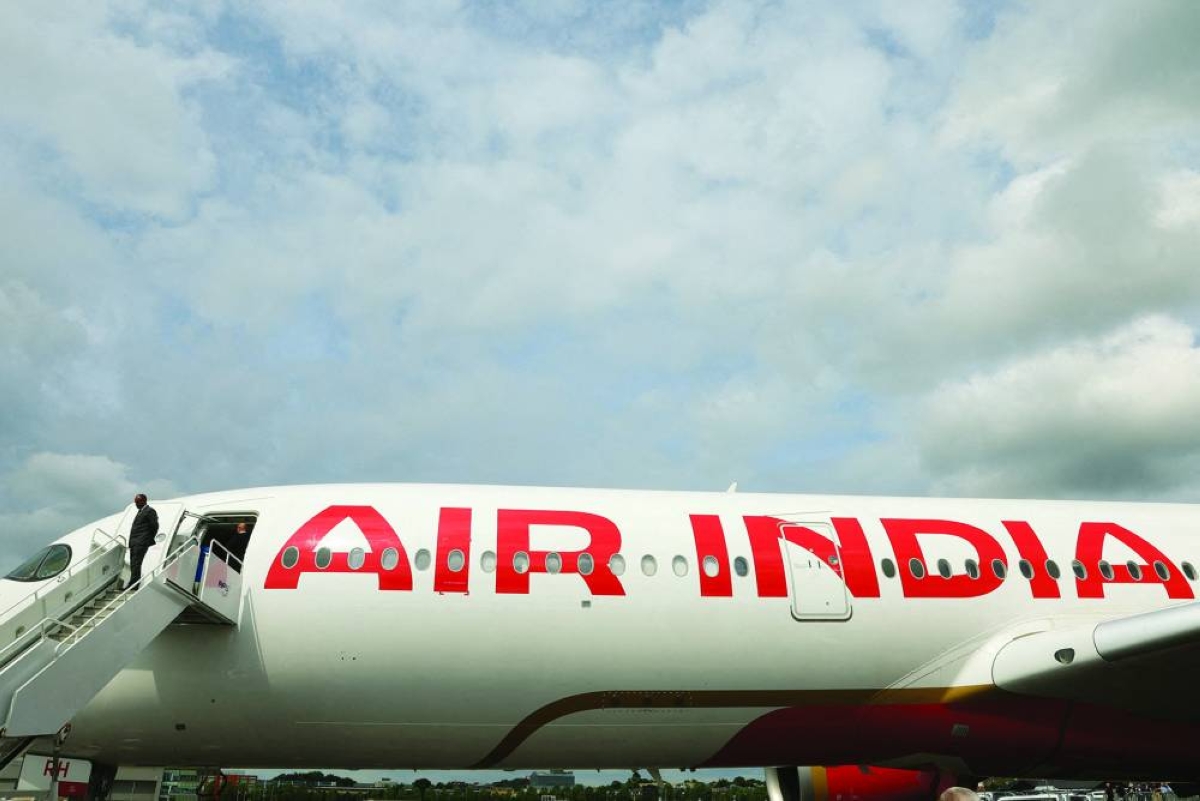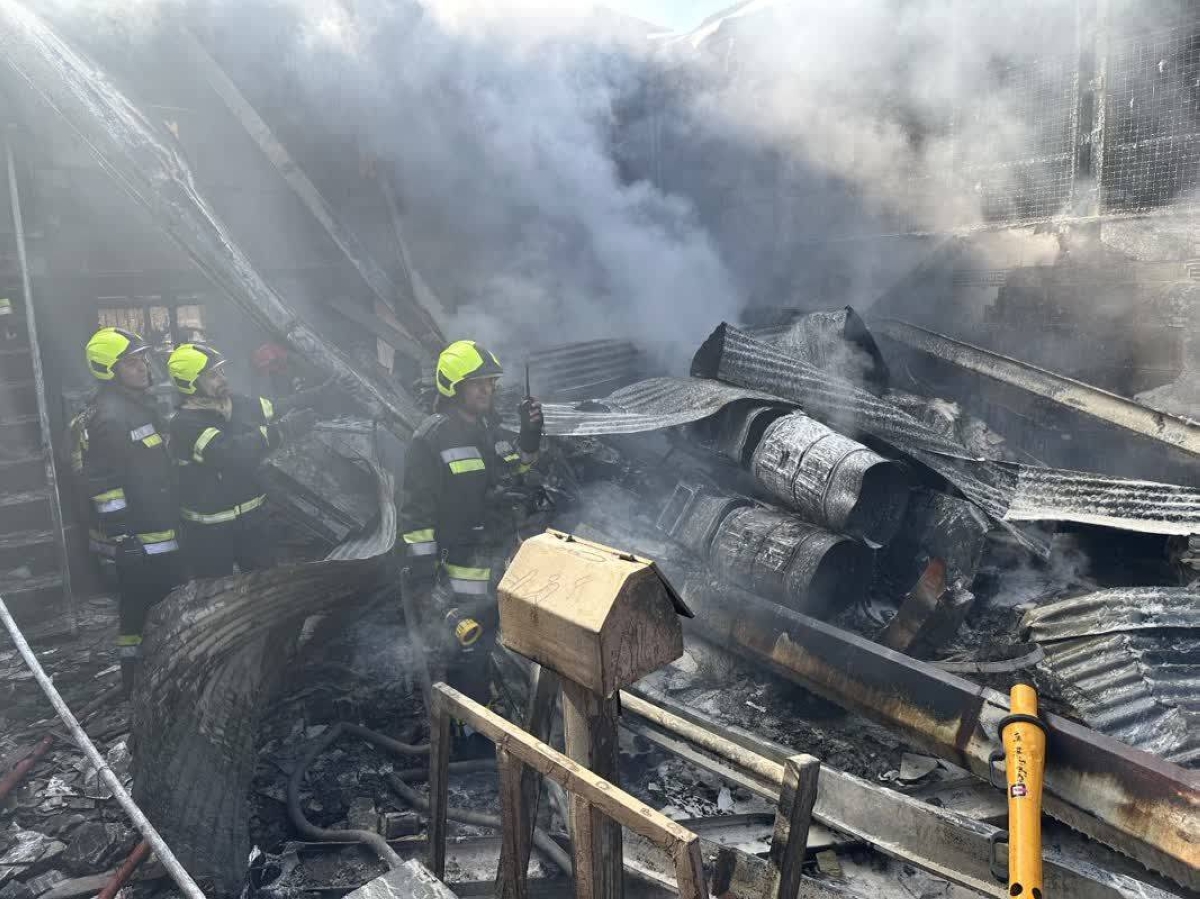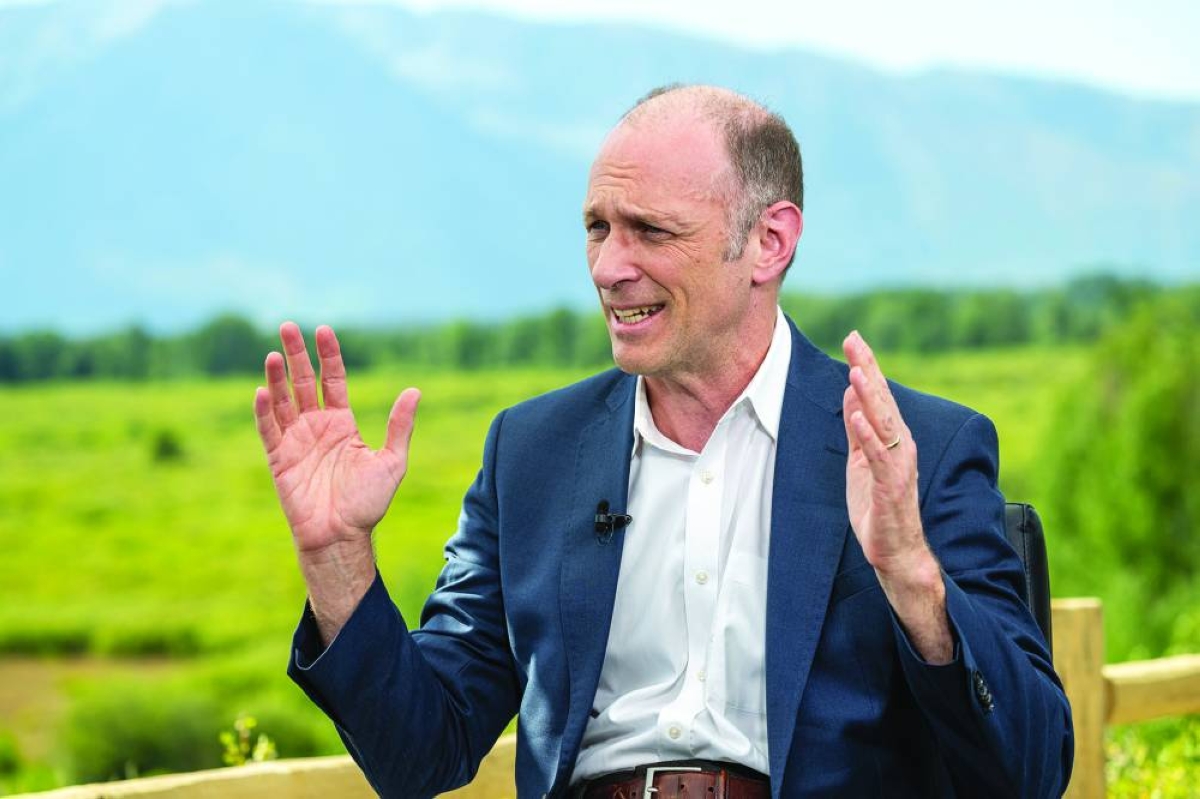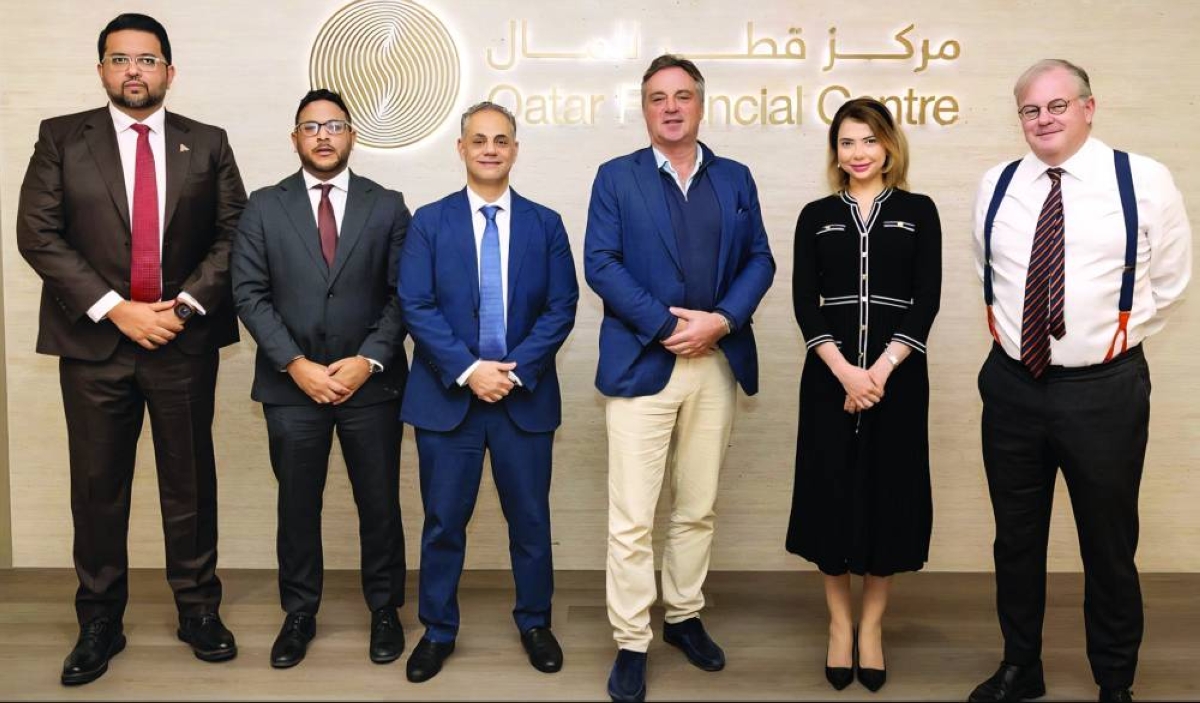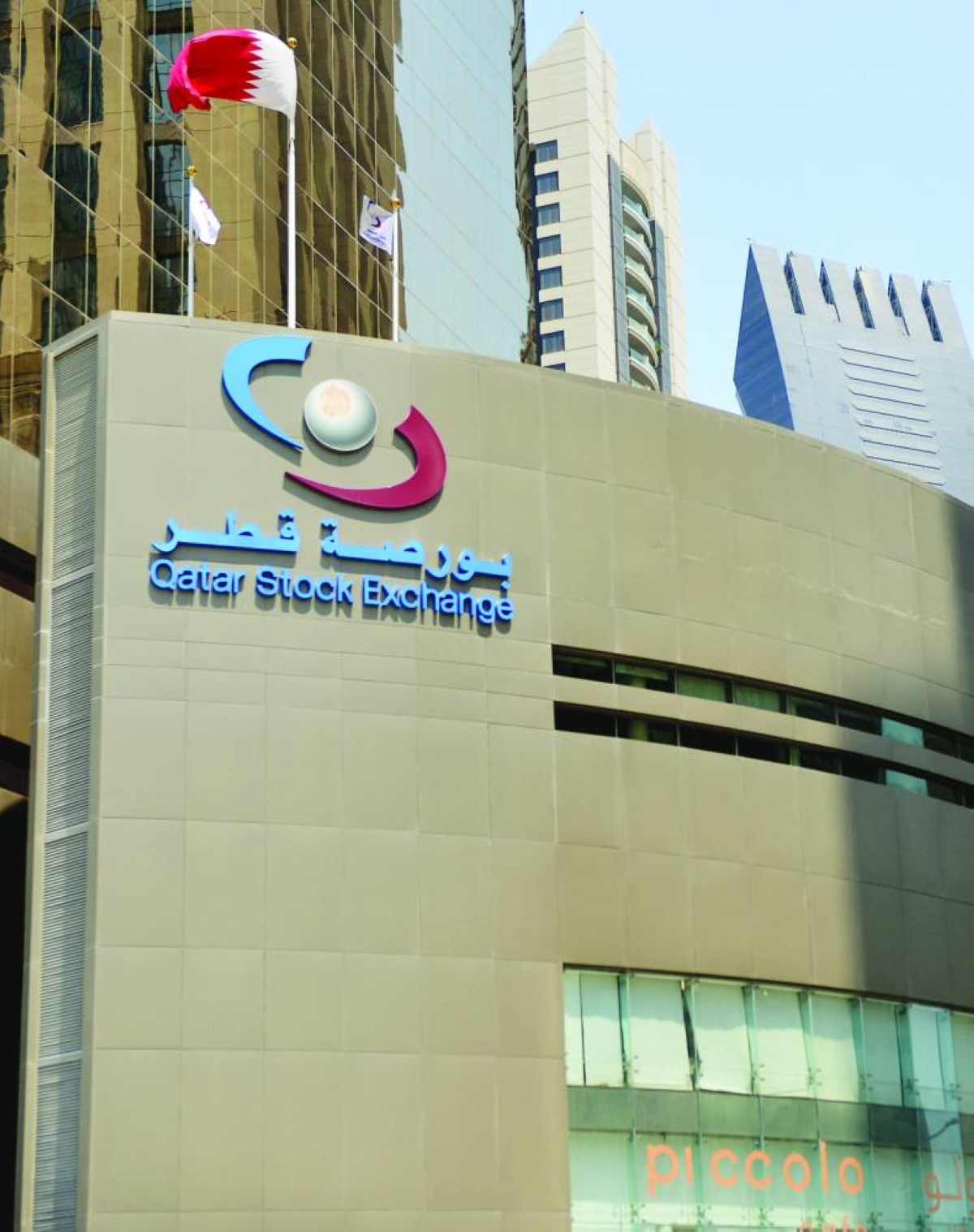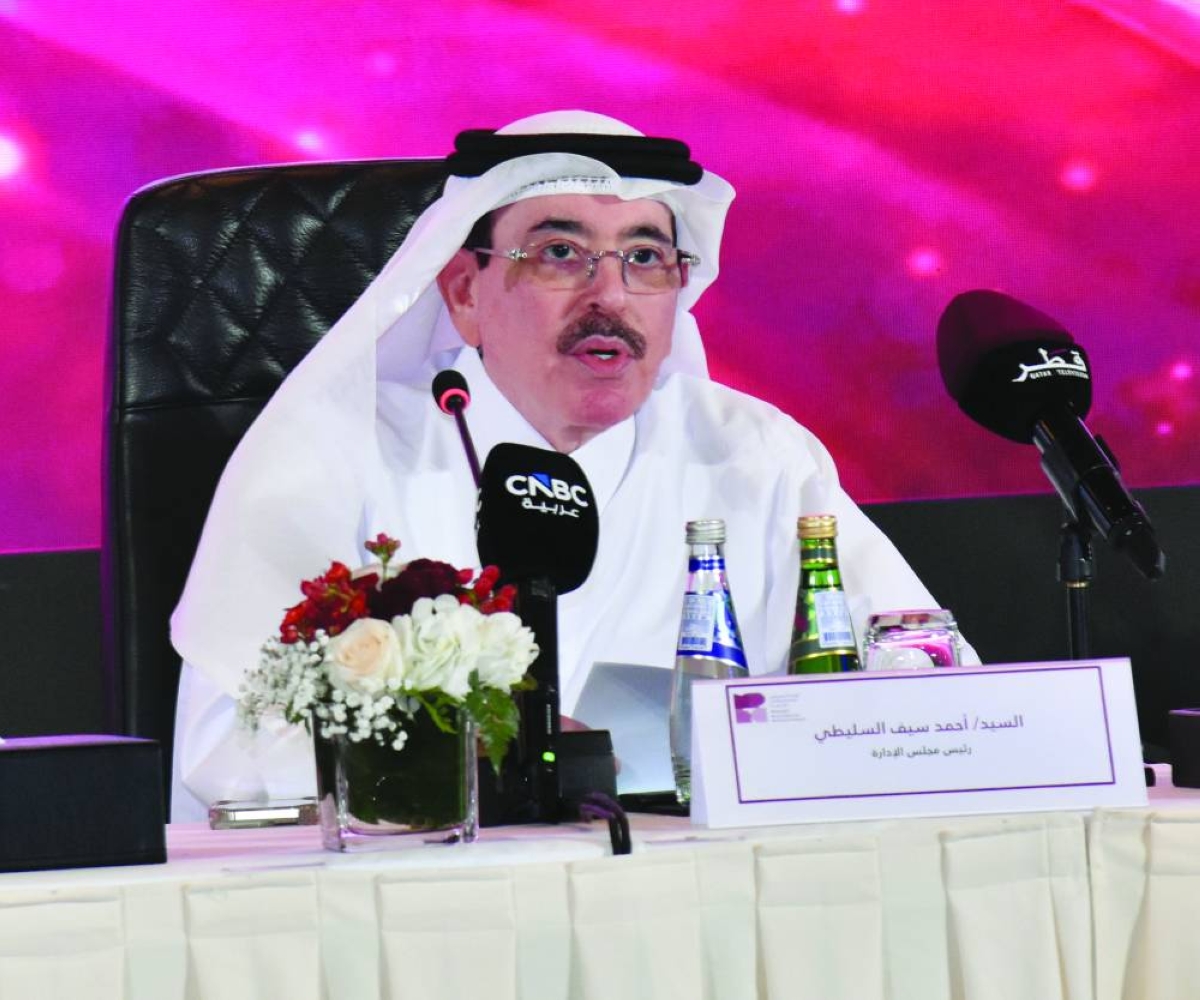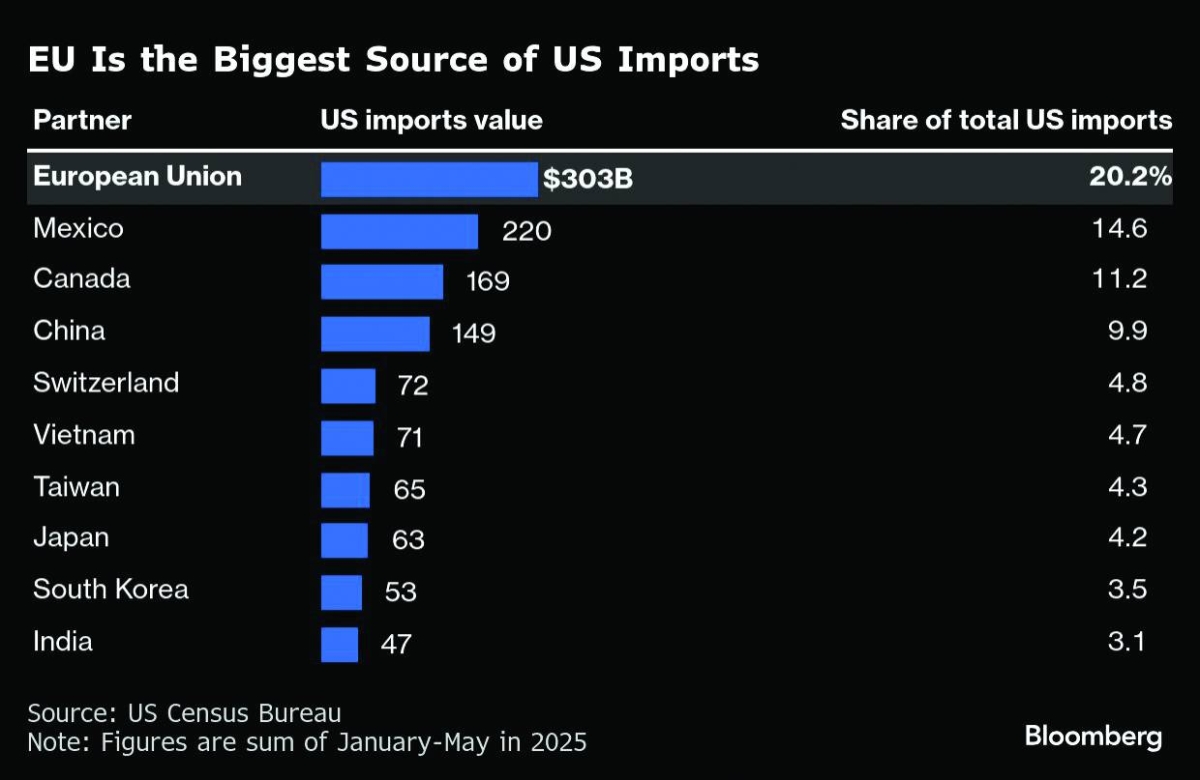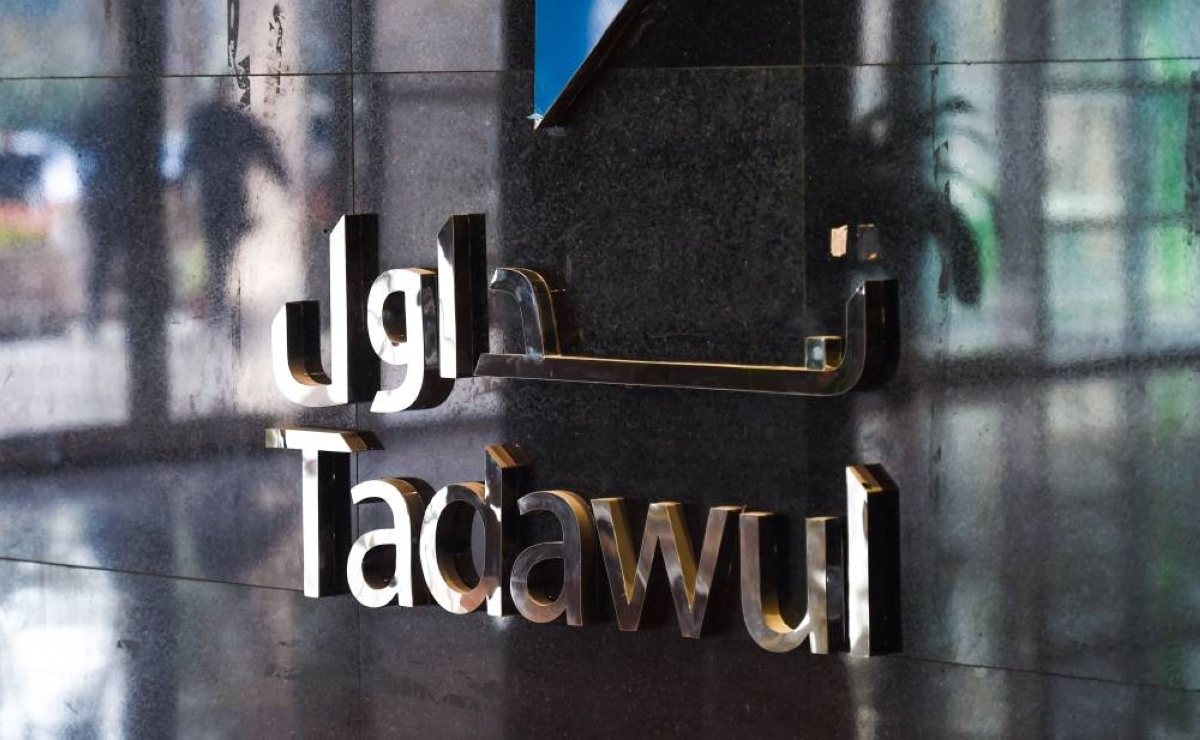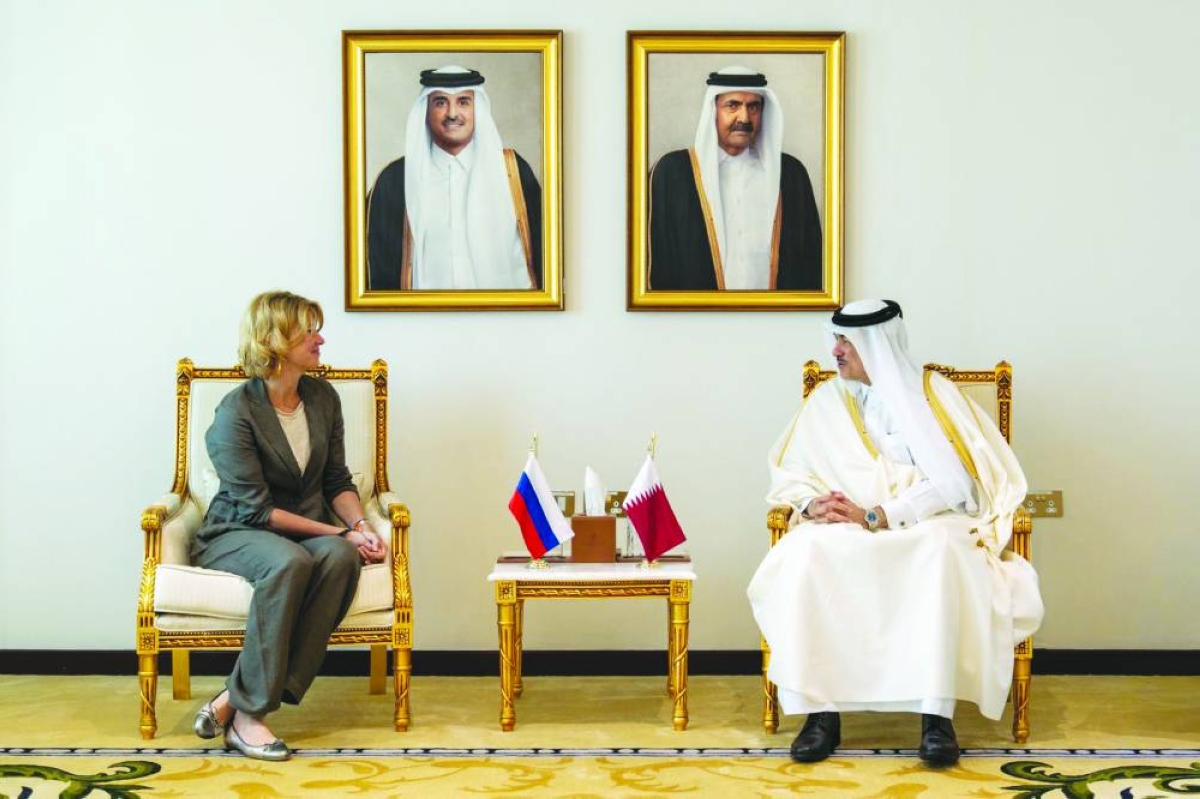The Qatari Businessmen Association (QBA) held a meeting Wednesday in Doha with Pakistan’s Prime Minister, Muhammad Shehbaz Sharif, to explore economic cooperation opportunities with the South Asian country.During the meeting, Sharif expressed his keenness to develop bilateral cooperation to new horizons, highlighting the historical ties between the two countries, which reflect the strength and solidity of Qatar–Pakistan relations.The meeting was attended by QBA board members Sheikh Nawaf bin Nasser al-Thani and Saud al-Manna, along with QBA members Sheikh Mansour bin Jassim al-Thani, Khalid al-Mannai, and Ashraf Abu Issa, as well as QBA general manager Sarah Abdallah.Sharif also highlighted the advantages of Pakistan’s business environment, describing it as highly attractive to investment, particularly in the sectors of energy, infrastructure, agriculture, and industry. He invited Qatari businessmen to visit Pakistan and affirmed his country’s full support through its various ministries to facilitate cooperation and present all potential investment opportunities.The Prime Minister stated that Pakistan’s economy is recovering as a result of economic reforms aimed at facilitating foreign investment. He encouraged QBA members to invest in key sectors, including energy, infrastructure, logistics, agriculture, technology, and manufacturing.For his part, Sheikh Nawaf emphasised the strong historical relations between the two countries and the existing economic cooperation across various sectors. He also affirmed QBA’s readiness to further strengthen cooperation and explore joint business opportunities, including partnerships and coordination with counterparts in the business community, in a manner that contributes to expanding economic and investment cooperation between the two sides.Sheikh Nawaf also spoke about the possibility of studying potential investment opportunities and projects, whether in Pakistan, Qatar, or in third markets, noting that Pakistan serves as a gateway to surrounding markets, which Qatar could leverage to expand its regional reach.Pakistan and Qatar maintain close relations across multiple sectors, including energy. Qatar is a major supplier of liquefied natural gas (LNG) to Pakistan, while Pakistan exports agricultural products to Doha.
Business
QFZ, Qatar Foundation sign agreement to advance climate action, sustainable development in Qatar
Tuesday, February 24, 2026
Tuesday, February 24, 2026
Tuesday, February 24, 2026
Tuesday, February 24, 2026
Wednesday, February 25, 2026
Tuesday, February 24, 2026
QNB Group earns five accolades at the 2026 Sustainable Finance Awards
Tuesday, February 24, 2026

